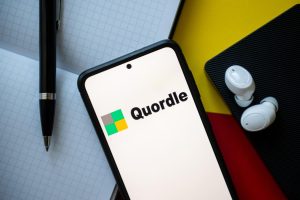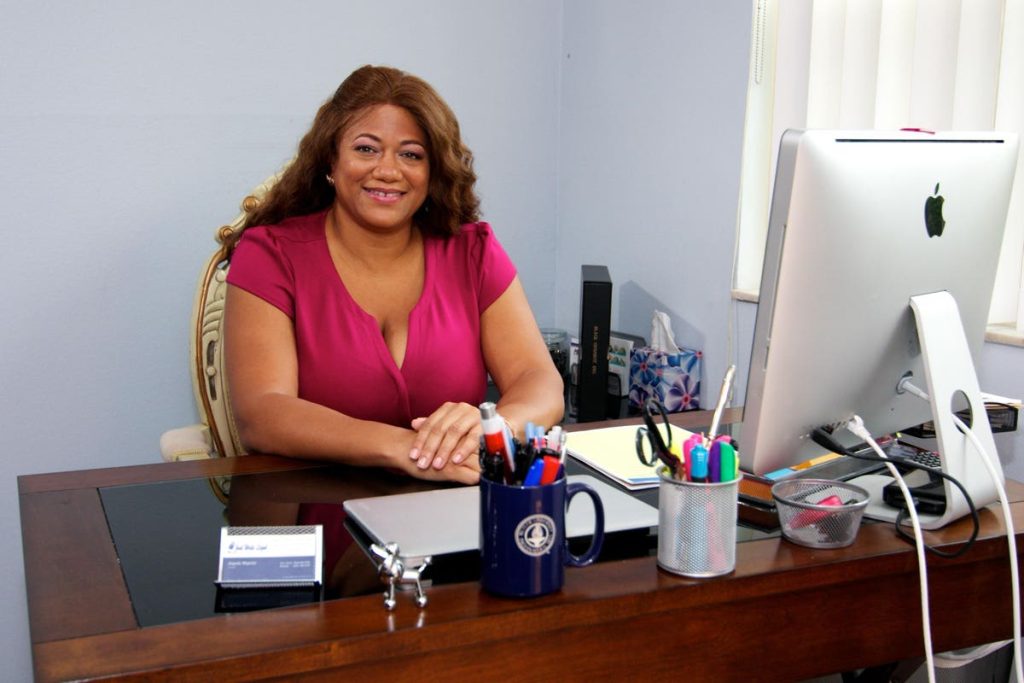Black entrepreneurs tend not to have a network of friends and family who can offer legal advice or access to someone else with that expertise. “Often, we put legal issues on the back burner, until it’s too late,” says Angela Majette, founder and national president of Black Connect. “If you can’t afford it, you put it out of your mind.”
That’s why, in 2019, she formed Black Connect, a group aimed at ending the racial wealth gap through Black entrepreneurship. Among other programs, it provides business-related pro bono legal services to members. “If you want to grow and stay in business, you need legal guidance—there’s no way around it,” says Majette.
With chapters in Atlanta, New York City, Tulsa and Tampa and about 2,800 members, Black Connect is the charitable arm of BlackConnect.com, a Black-owned business and social networking platform.
A Focus on Foundational Matters
Working with 30 partners, Black Connect focuses its legal advice on contracts, business formation and intellectual property. While all small businesses need legal counsel about those foundational areas, according to Alissa Nann, counsel with Foley & Lardner, which partners with Black Connect, Black entrepreneurs may have fewer legal contacts they can tap. “It’s more about access,” she says.
As a result, Black founders may be more likely than others to land in legal trouble, thanks to anything from a poorly formed contract to unwitting IP violations.
Tarrence Lackran, a BlackConnect member and CEO of startup EYECONS Agency, an experiential marketing agency he founded in February, had such an experience when he formed a nonprofit in 2021. Not long after his launch, he received a cease and desist letter from another organization, because he’d used a name that group had already trademarked. Now, he’s planning to expand his client base for EYECONS—his first client is his former employer—and he’s turning to BlackConnect’s services for developing and reviewing contracts.
He also points to the ability to tap Black Connect for ongoing questions. “I can give them a call and get a question answered vs. trying to figure out where I should turn to,” he says. “They serve as my network.”
Most of the cases cover basics, like forming contracts or trademark searches. Occasionally, litigation is involved, like a member whose web site didn’t meet regulatory requirements for accessibility.
Black Connect started taking cases from members in 2021, after the group was able to sign on enough law firms as partners. Ultimately, Majette’s goal is to hire a staff attorney.
Read the full article here










